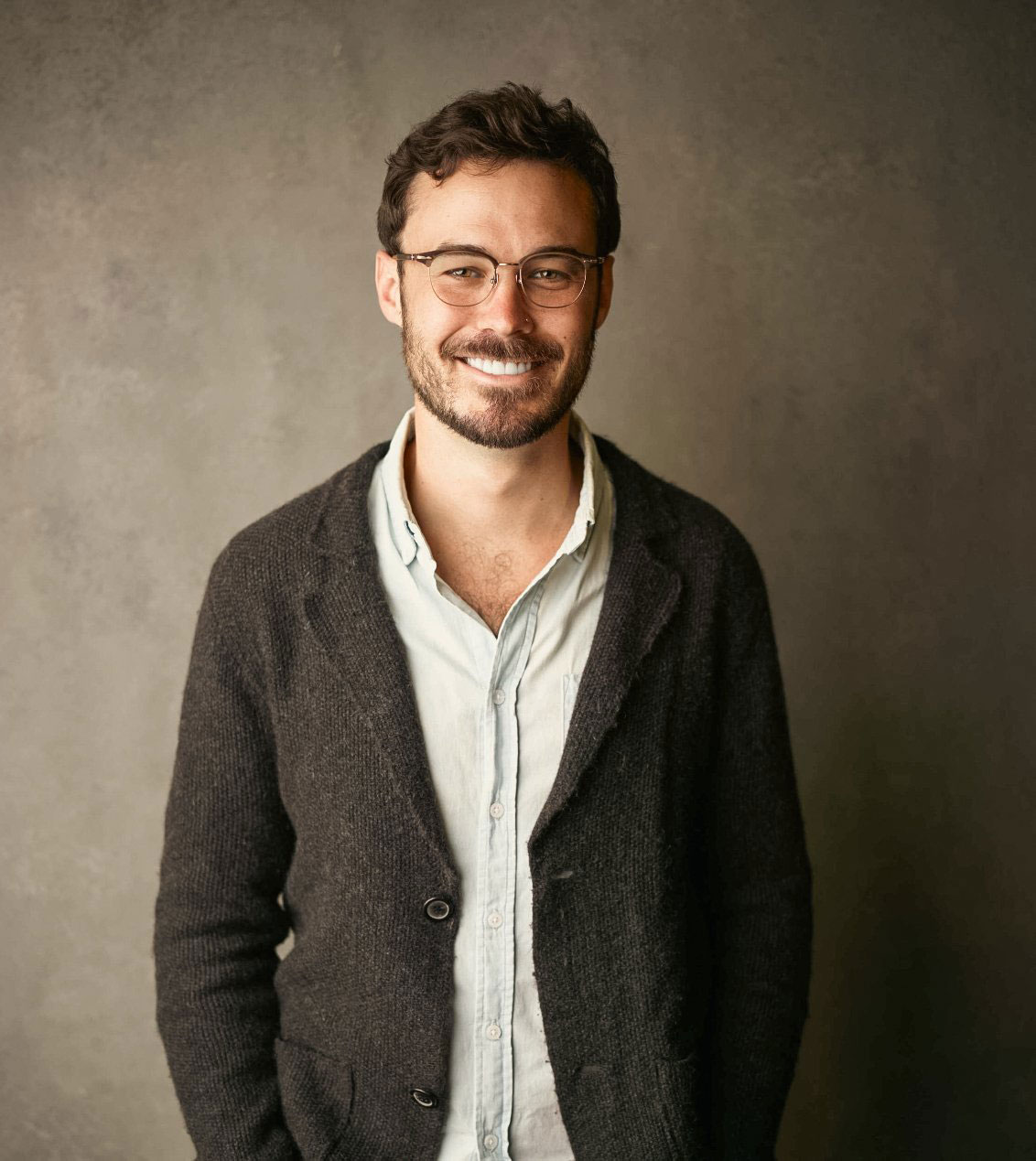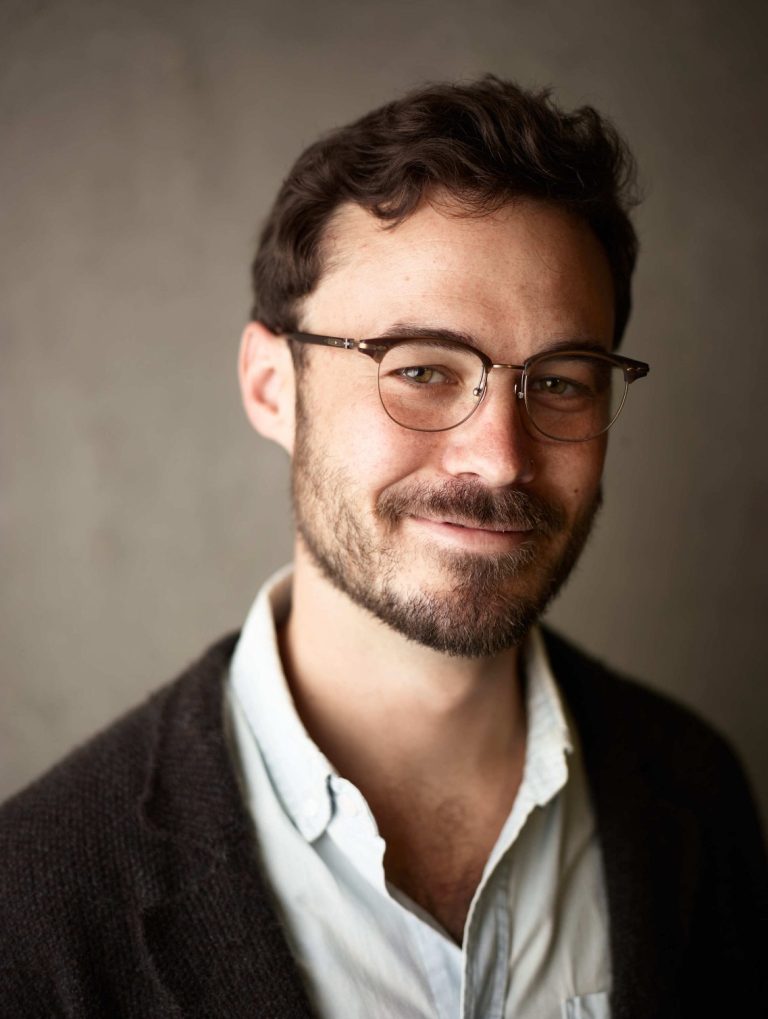About Me
Jake Sims
Licensed Marriage and Family Therapist

Healing starts with understanding the stories we’ve been given—about who we are, how we should be, and what it means to belong. These narratives shape the way we navigate relationships, emotions, and challenges. Therapy offers the opportunity to step back, reflect, and reshape these stories in a way that feels more authentic and freeing. Together, we’ll create a space where you can explore your thoughts and emotions openly, without judgment.
Many people come to therapy feeling like they have to carry everything alone, unsure where to turn for real understanding. I often hear clients say, “You’re the only person I’ve ever told this to.” It’s an honor to hold space for those moments of honesty and self-discovery. In our work, we’ll look at both the patterns you recognize and those that operate outside of awareness, helping you develop greater self-compassion, confidence, and clarity so that you can move through life with a deeper sense of ease and authenticity.
When working with me, you can expect to be supported, thoughtfully challenged, and treated with respect. I will encourage you to embrace all parts of yourself, including those that feel difficult or uncomfortable. My approach is rooted in warmth, curiosity, and acceptance rather than judgment. Through our work, my goal is to help you develop greater self-compassion, confidence, and clarity so that you can move through life with a deeper sense of ease and authenticity.

My approach
How I practice
Psychodynamic
A type of psychotherapy that explores unconscious thoughts, feelings, and experiences to gain insight into the underlying motivations and drives of human behavior.
Relational
A type of therapy that focuses on relationships and interpersonal dynamics to gain insight into their emotional and psychological challenges and to promote healing and growth.
Integrative
A type of psychotherapy that combines elements of multiple therapeutic modalities such and theories to address the unique needs and goals of each individual client.
When we look at human behavior with curiosity and kindness rather than criticism, we create space for change to blossom.
I work primarily from a psychodynamic approach, which means we’ll explore how past experiences—especially early relationships—shape your present patterns, emotions, and behaviors. The ways we cope, even those that feel harmful or self-defeating, once served a purpose. In therapy, we’ll approach these patterns with curiosity rather than judgment, understanding how they developed and why they persist.
Coping mechanisms like emotional withdrawal, overworking, substance use, or avoidance aren’t flaws—they’re strategies your mind has used to navigate life. Together, we’ll explore these behaviors with compassion, helping you develop healthier ways to manage stress, connect with others, and move toward a more fulfilling life. Therapy isn’t about shame or blame; it’s about self-awareness, choice, and meaningful change.
You don’t have to face this all alone. Together we will look at your coping mechanisms with curiosity and kindness. Therapy will teach you healthier coping skills without shaming you so you can make decisions that support your well-being, happiness, and personal growth.
Therapy is a way to take all the pieces of ourselves that have been abandoned and bring them into balance and wholeness.
Incorporating self-compassion, acceptance, and mindfulness practices into my work with clients is a cornerstone of my practice. Reconnecting with yourself often begins with something as simple as tuning into the breath—learning to notice, without judgment, what arises in the moment.
My background includes deep study in Zen Buddhism, Taoism, and other contemplative traditions. Drawn to their wisdom, I pursued a bachelors degree in Religious Studies with a focus in Eastern Religion. Through therapy and mindfulness, I learned to sit with discomfort, understand my triggers, and recognize how past wounds shaped my present. This self-awareness has been an essential tool in creating meaningful, lasting change.
I believe in the power of coming home to ourselves—because when we do, we can engage with others and the world in a more authentic, fulfilling way. As your therapist, I want you to know that change is possible, and you don’t have to navigate it alone.

